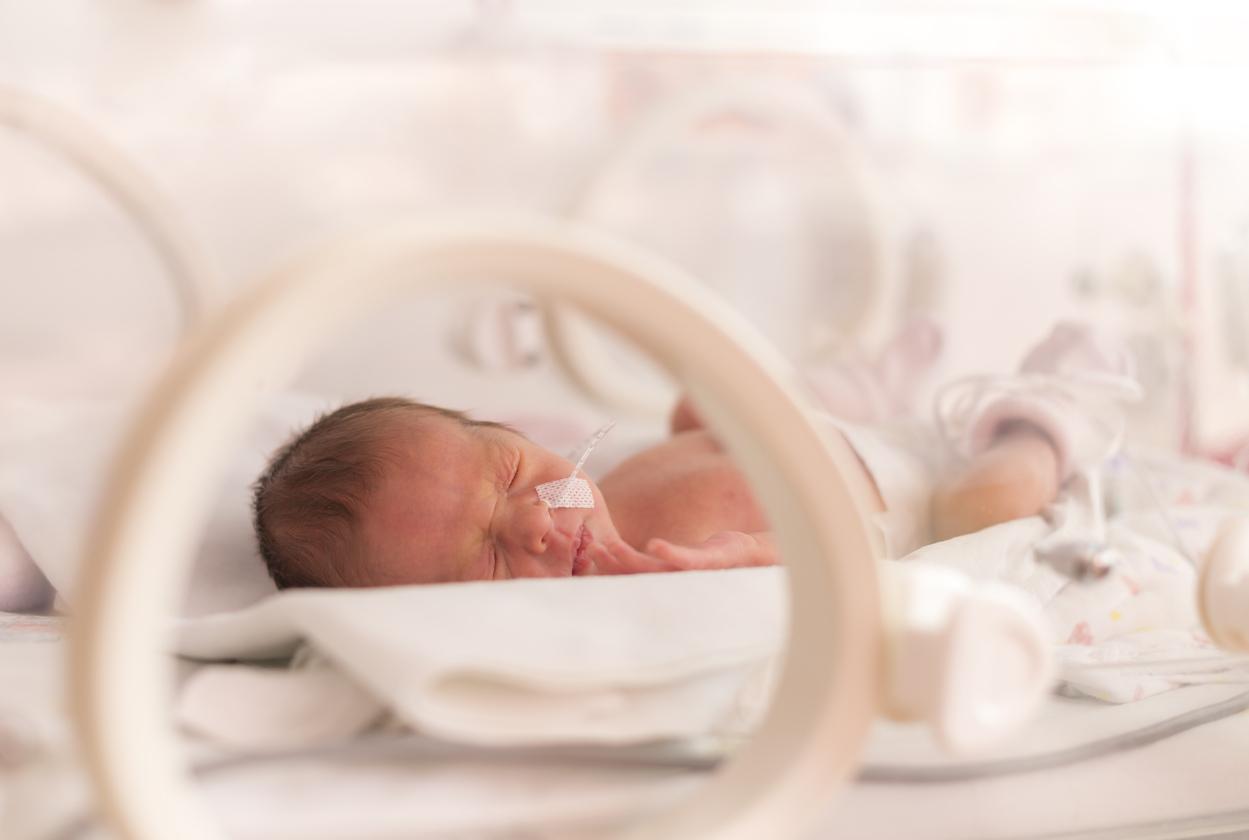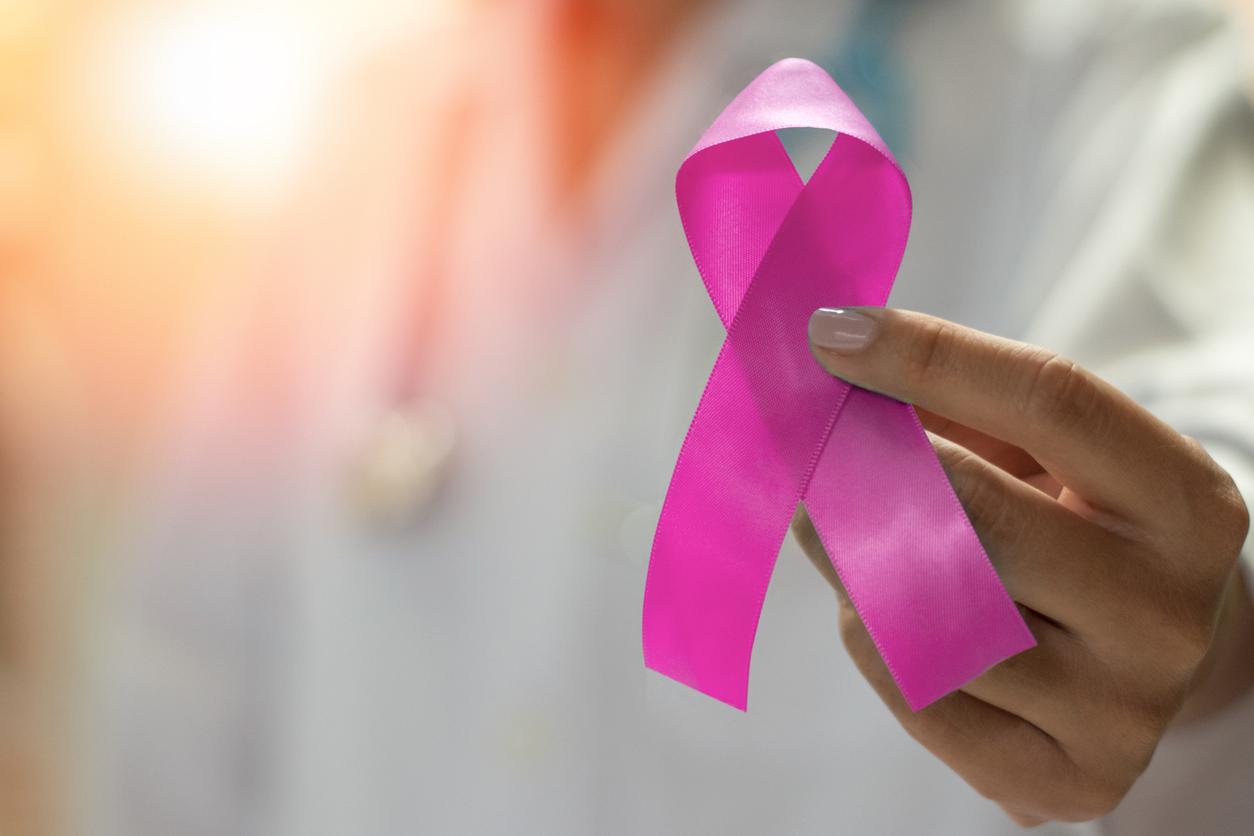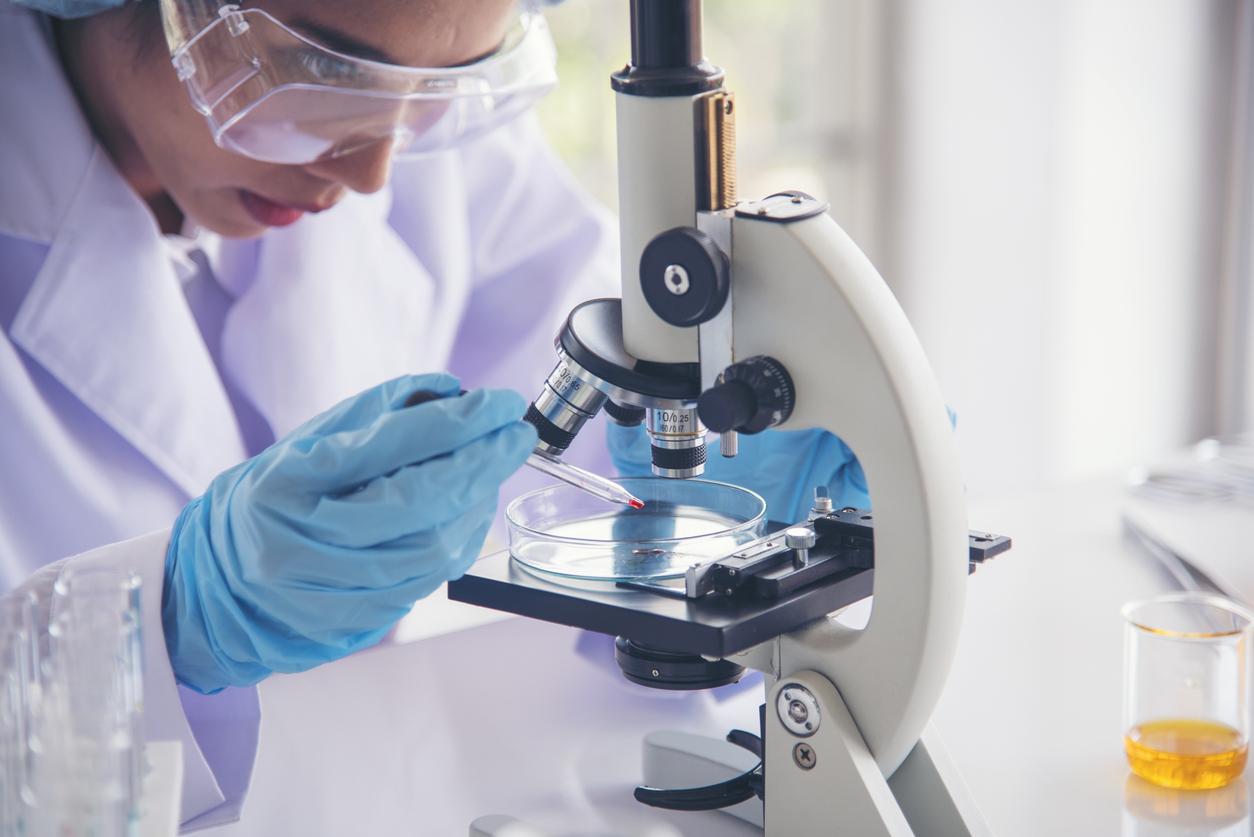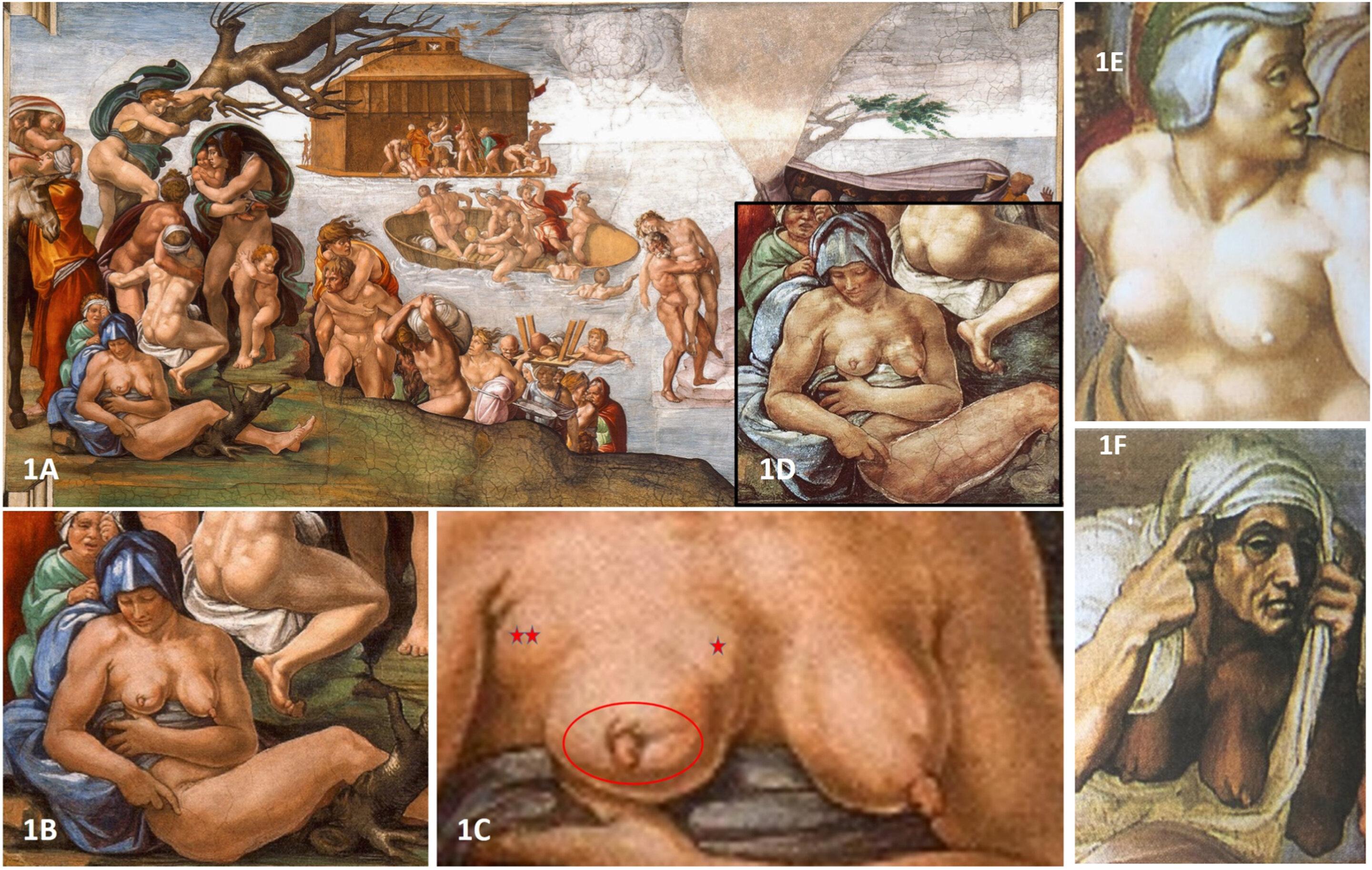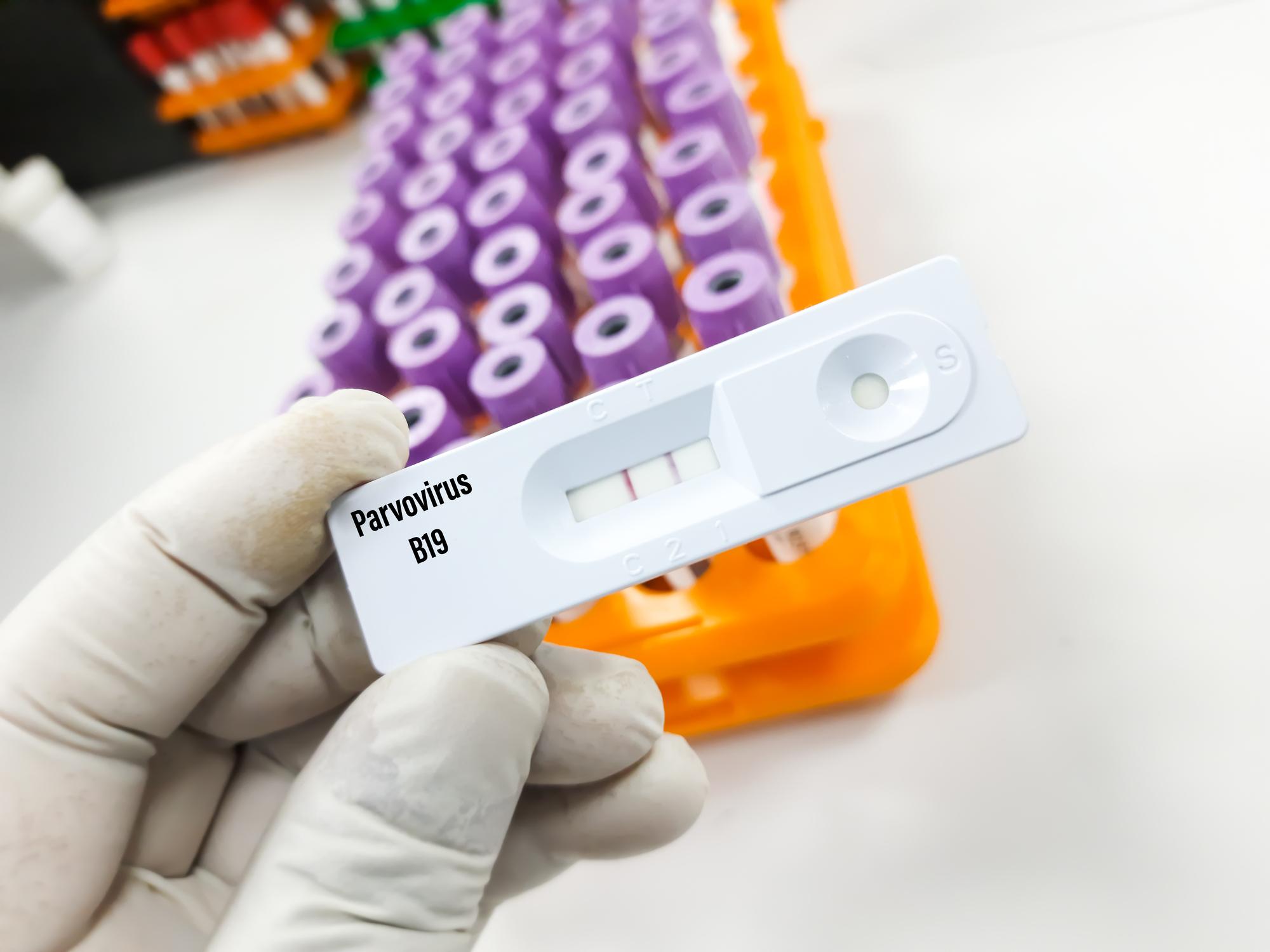Women with breast cancer who drink sugary drinks five or more times a week have a 62% higher chance of death.
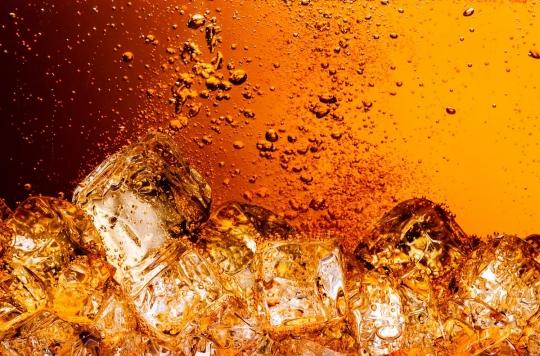
- Non-diet sodas are the biggest contributors of sugar and extra calories to the diet.
- Sugary sodas contain high amounts of sucrose and fructose, giving them the highest glycemic load compared to other foods or beverages.
Excess consumption of sugary drinks is bad for your health. A study conducted over 25 years and including more than 100,000 women recently showed that women who consume sugary drinks daily have a 20% increased risk of suffering from cardiovascular disease. In new research, US scientists from the University at Buffalo suggest that breast cancer patients who regularly drink sugary drinks are at an increased risk of death. They presented their results on March 2 in the journal Cancer Epidemiology, Biomarkers & Prevention.
Nearly 19 years of follow-up
For women with breast cancer, drinking soda increases both the risk of death from any cause (62%) and the risk of dying from breast cancer (85%). “Because breast cancer is so common, recommendations regarding lifestyle choices for breast cancer survivors are of considerable importance.says Nadia Koyratty, lead author of the study. And, despite the negative health effects associated with soft drink consumption, such as weight gain, type 2 diabetes and cardiovascular disease, many people continue to drink sugary soft drinks..”
Studies on the link between cancer and sugary drinks are rare. “This study is one of the few to examine the prognosis of women with breast cancer regarding the consumption of non-diet soft drinks.”, advances the researcher. She and her team of scientists assessed the relationship between sugary sodas and all-cause and breast cancer mortality in 927 women with breast cancer. They followed them for almost 19 years and used a questionnaire to estimate the frequency of consumption of sugary drinks in the 12 to 24 months preceding the diagnosis of breast cancer. Overall, 41% of participants died at the end of the follow-up period. Among them, there was a higher percentage of women who reported a high frequency of consumption of sugary soft drinks compared to women who remained alive. The associations did not change when the researchers included diet soft drink consumption as a variable.
Sucrose and fructose in question
“Non-diet sodas are the biggest contributors of sugar and extra calories to the diet, but they don’t add anything else that is nutritionally beneficialinsists Nadia Koyratty. On the other hand, teas, coffees, and 100% fruit juices, unless sugars are added, are healthier beverage options because they add nutritional value through antioxidants and vitamins..”
Sugary sodas contain high amounts of sucrose and fructose, giving them the highest glycemic load compared to other foods or beverages. These higher concentrations of glucose and insulin may lead to conditions that have also been linked to a higher risk of breast cancer, the researchers conclude.
.









